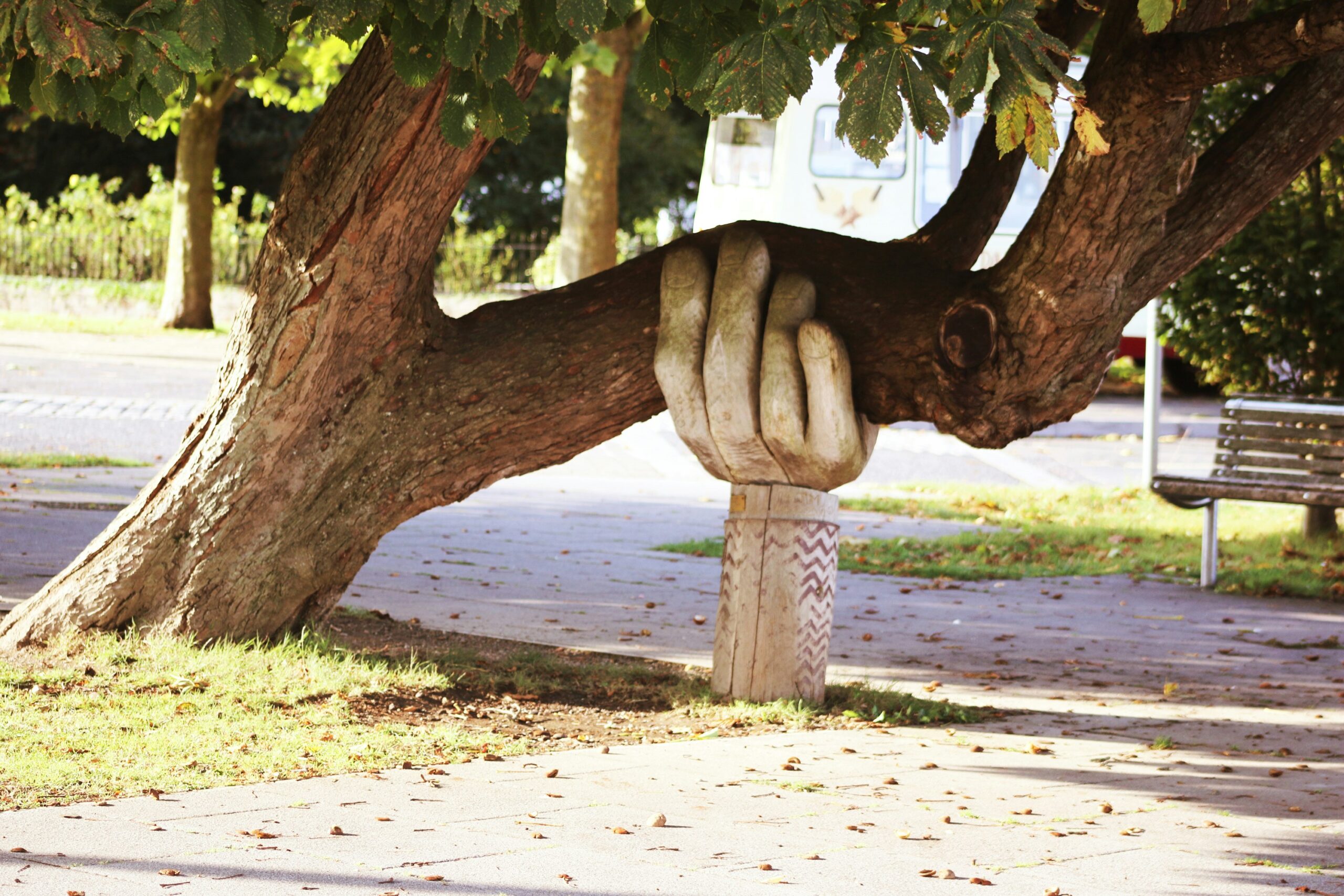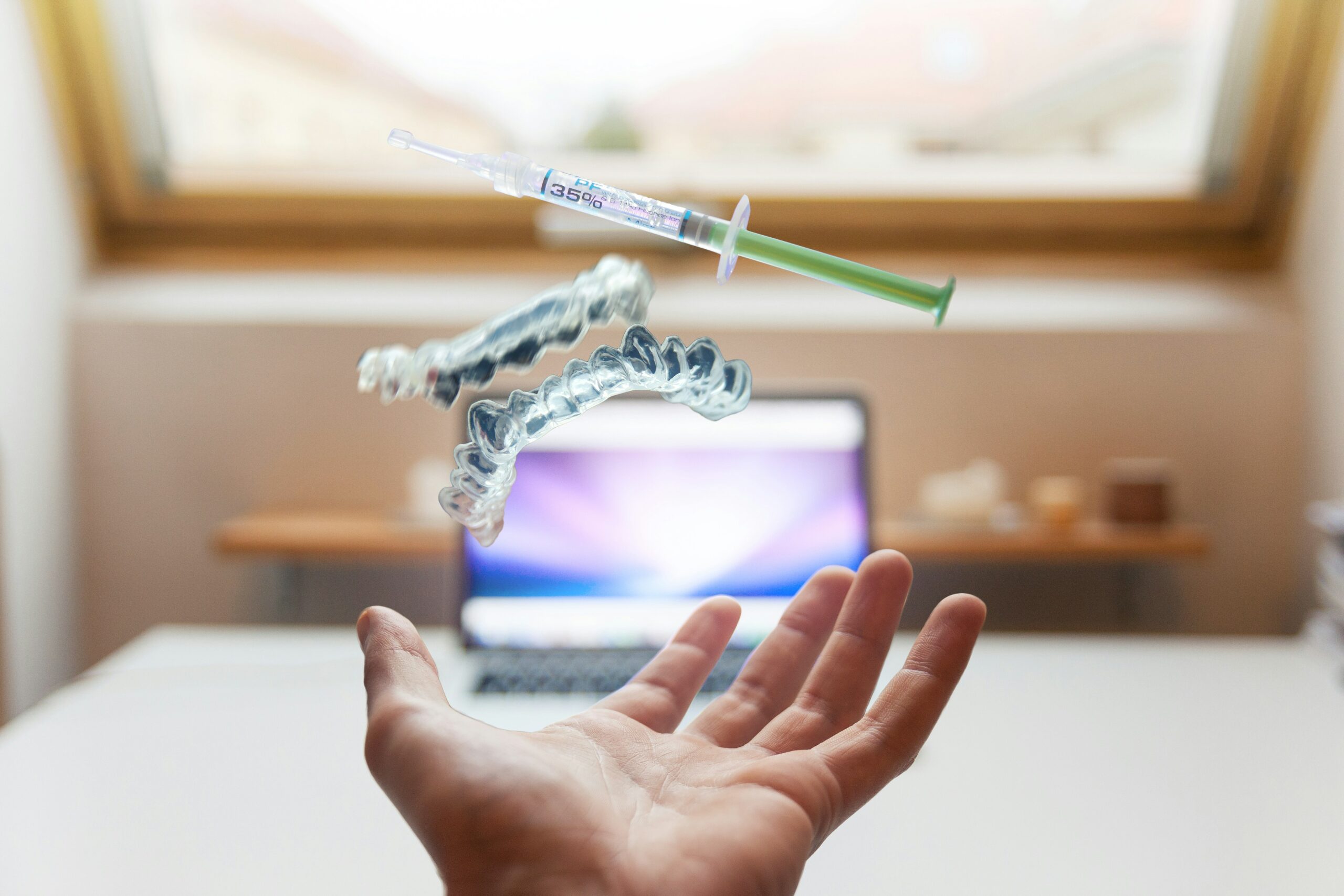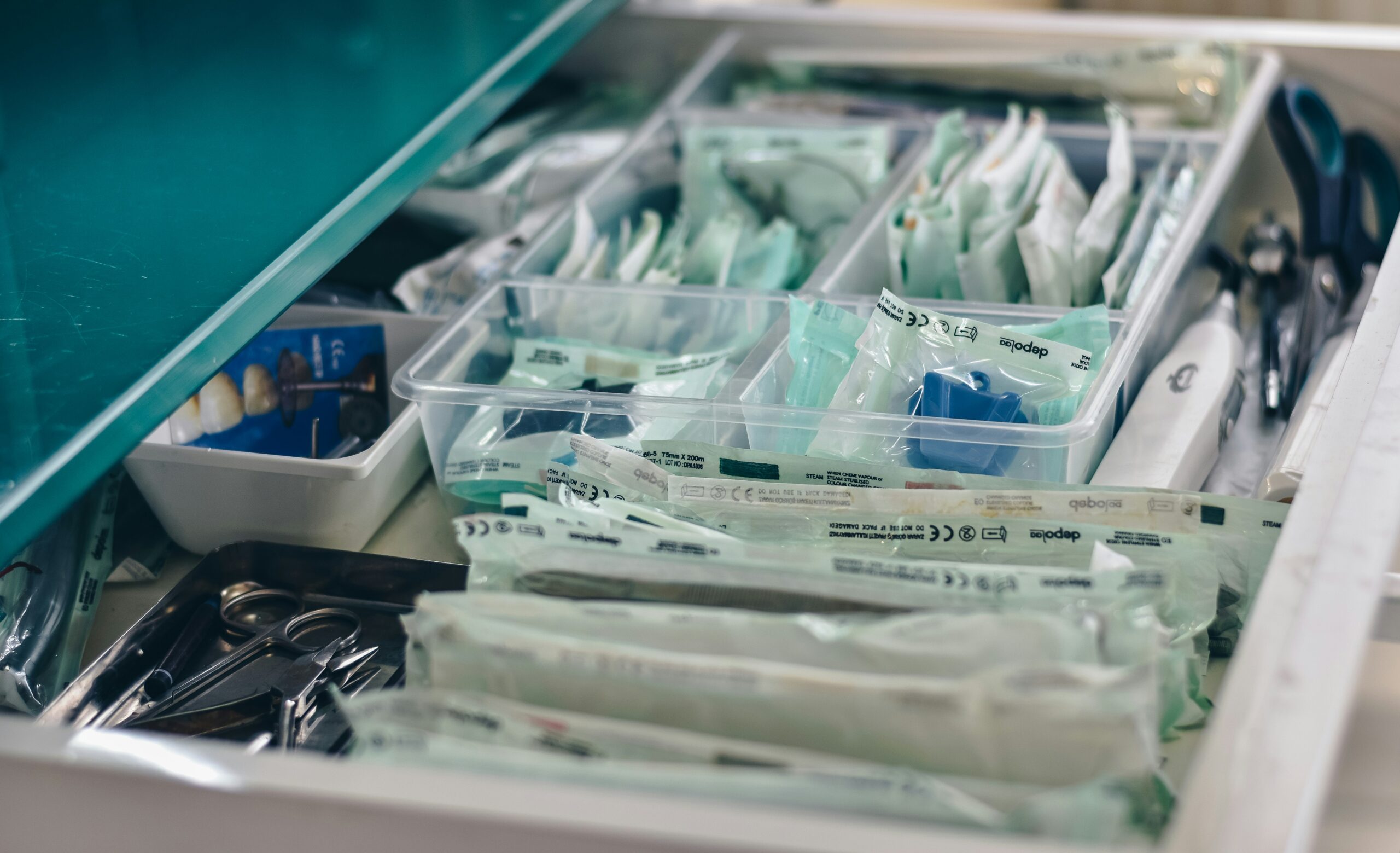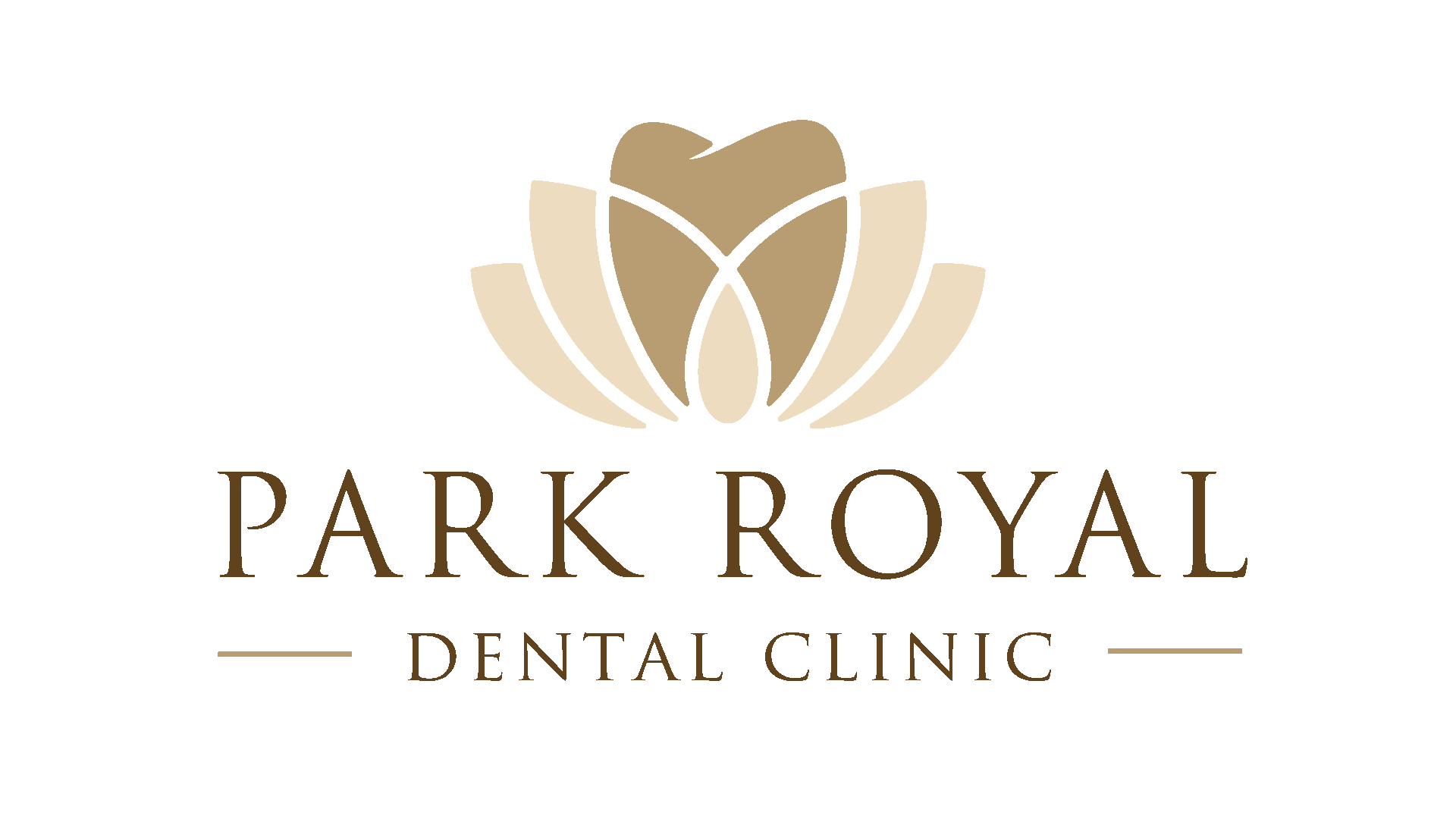When you think about a visit to the dentist, the dental hygienist often plays a key role in your experience. These skilled professionals are vital members of the oral healthcare team, working to keep your teeth and gums healthy. But what exactly does a dental hygienist do? Let’s explore their responsibilities, qualifications, and the impact they have on oral and overall health.
Who is a Dental Hygienist?
A dental hygienist is a licensed healthcare professional specialising in preventive oral care. They are trained to assess oral health, carry out cleanings, and educate patients on maintaining good oral hygiene. Their work not only helps prevent cavities and gum disease but also contributes to the detection of early signs of oral issues and other health conditions.
Key Responsibilities of a Dental Hygienist
Here are some of the main duties dental hygienists perform during your dental visit:
1. Oral Health Assessments
Dental hygienists examine your mouth for signs of oral diseases such as cavities, gum disease, and oral cancer. They often review your dental and medical history to understand any potential risks to your oral health.
2. Teeth Cleaning (Prophylaxis)
A hygienist is known for their expertise in professional teeth cleaning. Using specialised tools, they remove plaque, tartar, and stains from your teeth, helping to prevent tooth decay and gum disease.
3. Preventive Treatments
They apply treatments such as fluoride and dental sealants, which strengthen the teeth and protect against decay. These preventive measures are especially beneficial for children and individuals at higher risk of cavities.
4. Taking X-Rays
Dental hygienists often take and process dental X-rays, which assist dentists in diagnosing underlying issues like impacted teeth, bone loss, or deep decay.
5. Patient Education
One of the most important roles of a dental hygienist is educating patients. They provide personalised advice on proper brushing, flossing techniques, and other practices to maintain optimal oral health. They may also discuss dietary habits that influence your oral health.
6. Assisting the Dentist
Hygienists work closely with dentists, preparing patients for dental procedures and providing essential support during treatments.
Skills and Qualifications
To become a dental hygienist, individuals typically complete a specialised programme accredited by the General Dental Council (GDC). This often involves earning a diploma or degree in dental hygiene. In addition to formal education, dental hygienists must pass licensing exams to practise in their respective regions.
Key skills of a dental hygienist include:
- Attention to detail.
- Strong interpersonal skills to communicate effectively with patients.
- Technical proficiency in using dental instruments and software.
- A commitment to lifelong learning to stay updated with advances in dental care.
The Importance of Dental Hygienists
Dental hygienists play a crucial role in preventive care, which is the cornerstone of maintaining overall health. Research has shown links between oral health and systemic conditions such as diabetes, heart disease, and even Alzheimer’s disease. By detecting and addressing oral issues early, dental hygienists contribute to better health outcomes beyond the mouth.
Conclusion
The next time you visit your dentist, take a moment to appreciate the dedication and expertise of the dental hygienist. Their work goes beyond just cleaning teeth—they are educators, assessors, and guardians of your oral health. By promoting prevention and early detection, they ensure you leave the dental surgery with a healthier smile and a better understanding of how to care for it.
Remember, good oral hygiene starts at home, but the guidance of a dental hygienist can make all the difference. Schedule your regular check-up today to keep your smile shining!




